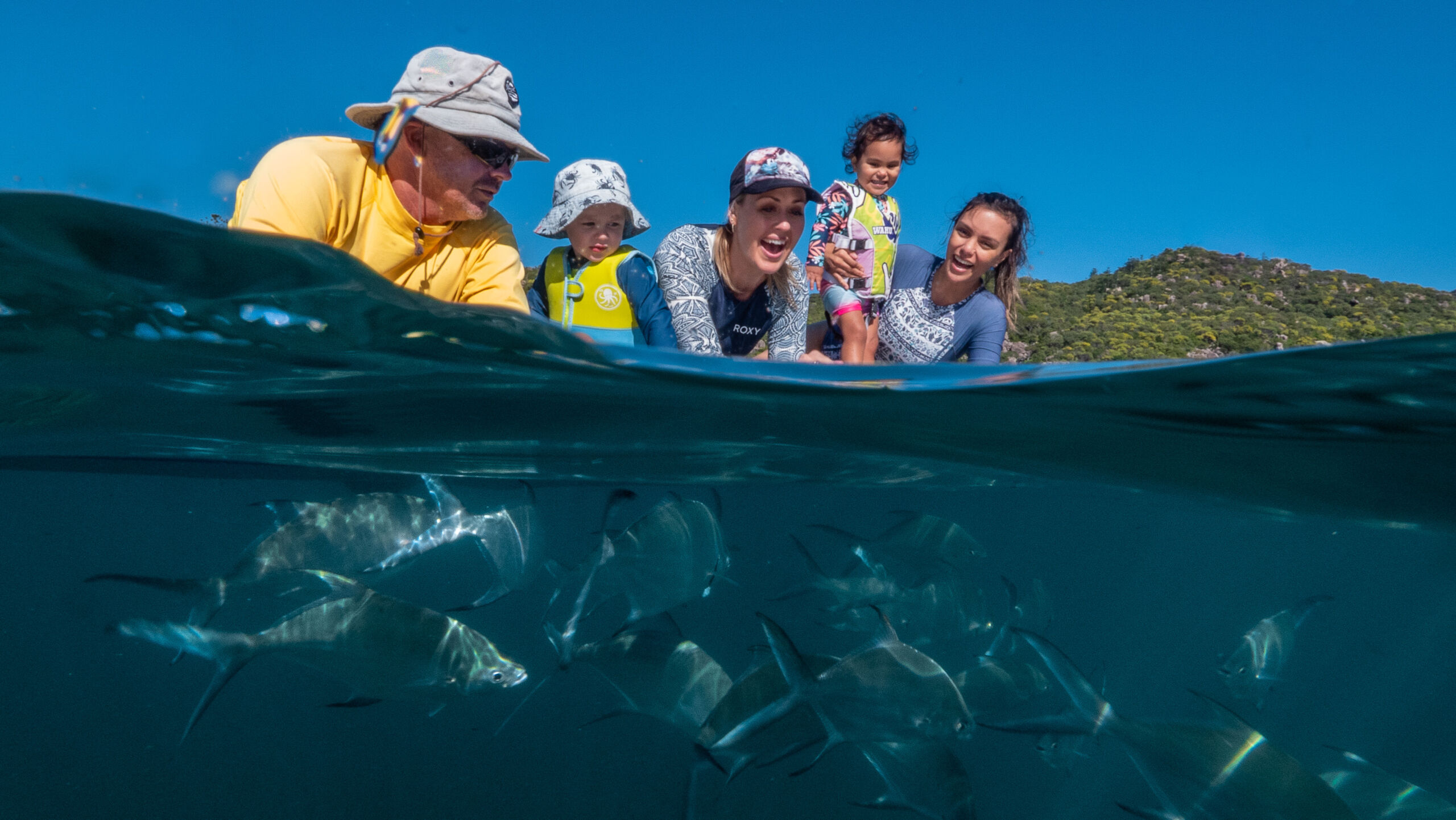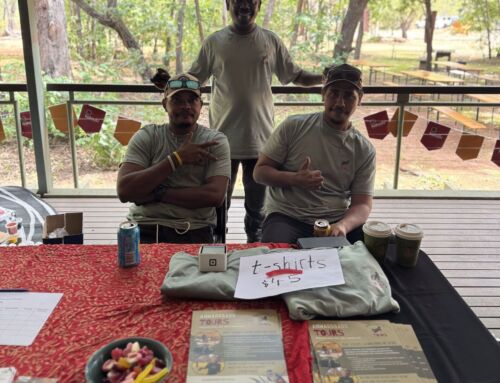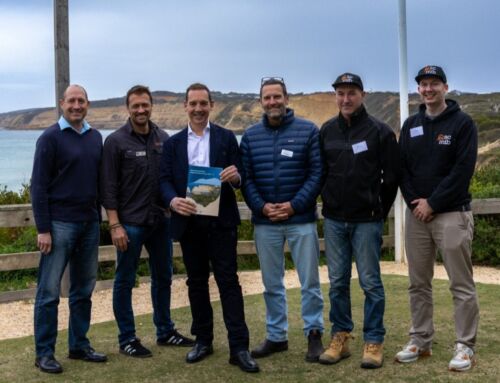The latest scientific research on planetary boundaries suggests the impact of human activity is already extending beyond the safe operating space for at least four boundaries: biodiversity loss, chemical and plastic pollution, nutrient pollution, and greenhouse-gas (GHG) emissions. For two other boundaries—forest cover loss and freshwater consumption—the current impact of human activity is deemed to be in the “zone of uncertainty.” We have known for a while that products and experiences that contribute to the place, people and culture of the destination are experiencing growing popularity. We also know that how we measure tourism success is changing. It’s not about the numbers, it’s about yield and contribution to the community, and the natural assets on which tourism depends. Research highlights the increasing desire to make more conscious choices across the entire travel experience, from transportation to accommodation, as well as how and where people spend their money during their trips. The question is, are destinations and businesses adapting quicky enough to leverage this trend. We think not.
Recently the TRC team has been working with destinations transitioning their destination planning and management toward increasing the value dividend for communities. Our recent work on a Tourism Master Plan for Magnetic Island (Yunbenun) within the Great Barrier Reef World Heritage Area is a good example. We helped this small island community define their vision to be a world leading sustainable island destination inspiring land and reef stewardship that enhances their quality of life and strengthens the cultural identity of their island home.
The Tourism Master Plan is a good example of how regenerative tourism can be incorporated into destination planning. In contrast to sustainable tourism, the new master plan focuses on maximising positive impact rather than mitigating the negative. Through the planning process we worked with industry, government and community to consider actions that add value beyond the limits of their immediate business imperatives and positively impact on the health of the wider ‘system’ that supports them. The master plan includes a range of actions including experiences that support reef regeneration, First Nations enterprise development, sustainable transport as well as new metrics to measure their journey towards their vision.






